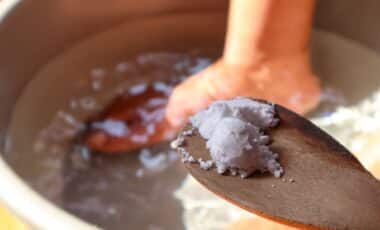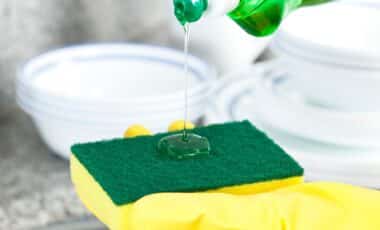A groundbreaking development in dental care might soon change how we look at toothpaste. Scientists at King’s College London have created a novel tooth gel using keratin, a protein found in human hair and wool, to regenerate tooth enamel. Set to be available in two years, this innovation promises to revolutionize how we tackle tooth decay.
A Revolutionary Concept in Tooth Care
At the core of this innovation is keratin, a protein found in human hair, which researchers have found can help regenerate tooth enamel. Unlike traditional fluoride toothpaste, which only prevents further damage, the keratin-based toothpaste forms a mineral coating over the teeth that mimics natural enamel. This coating not only protects the teeth but also encourages enamel regeneration by drawing calcium and phosphate ions from saliva.
Developed at King’s College London, this groundbreaking research opens up new possibilities for those suffering from enamel erosion, a condition that affects millions worldwide. Since enamel cannot regrow on its own, the keratin oral gel offers a long-term, natural solution to repair and protect teeth without the need for invasive treatments.
This Viral Sleep Hack Works Wonders—Forget Counting Sheep
A New Era in Tooth Care Starts Now
It’s not only beneficial for dental health but also eco-friendly. Sourced from biological waste like human hair and skin, keratin offers a sustainable alternative to traditional dental products, which often contain harmful synthetic materials. Unlike plastic resins, keratin is biodegradable, making it a more environmentally responsible choice.
As sustainability becomes increasingly important, this provides an eco-conscious option that reduces plastic waste and supports global efforts to lower carbon footprints, all while improving oral care.
Revolutionary Toothpaste That Heals and Protects
This oral gel offers a breakthrough in regenerative dentistry by not only preventing tooth decay but also repairing existing damage. Unlike traditional fluoride toothpaste, which only stops further decay, it forms a mineral-rich coating that mimics natural enamel. This process helps protect teeth from further harm while encouraging enamel regeneration.
It works by drawing minerals from saliva, which bond with the keratin to form a crystal-like structure on the tooth’s surface. Over time, this helps restore the tooth’s original structure, offering a natural solution for reversing some of the damage caused by tooth decay.
Keratin Toothpaste: The Future of Oral Health
With the promise of being available on shelves in just two to three years, this keratin-based toothpaste could become a staple in the dental care routine of millions around the world. Its potential to treat and regenerate enamel damage is groundbreaking, and it could provide people with a more sustainable and effective alternative to current dental products. The innovative approach to tooth regeneration is poised to not only improve oral health but also align with the growing demand for eco-friendly and natural solutions in personal care products.







